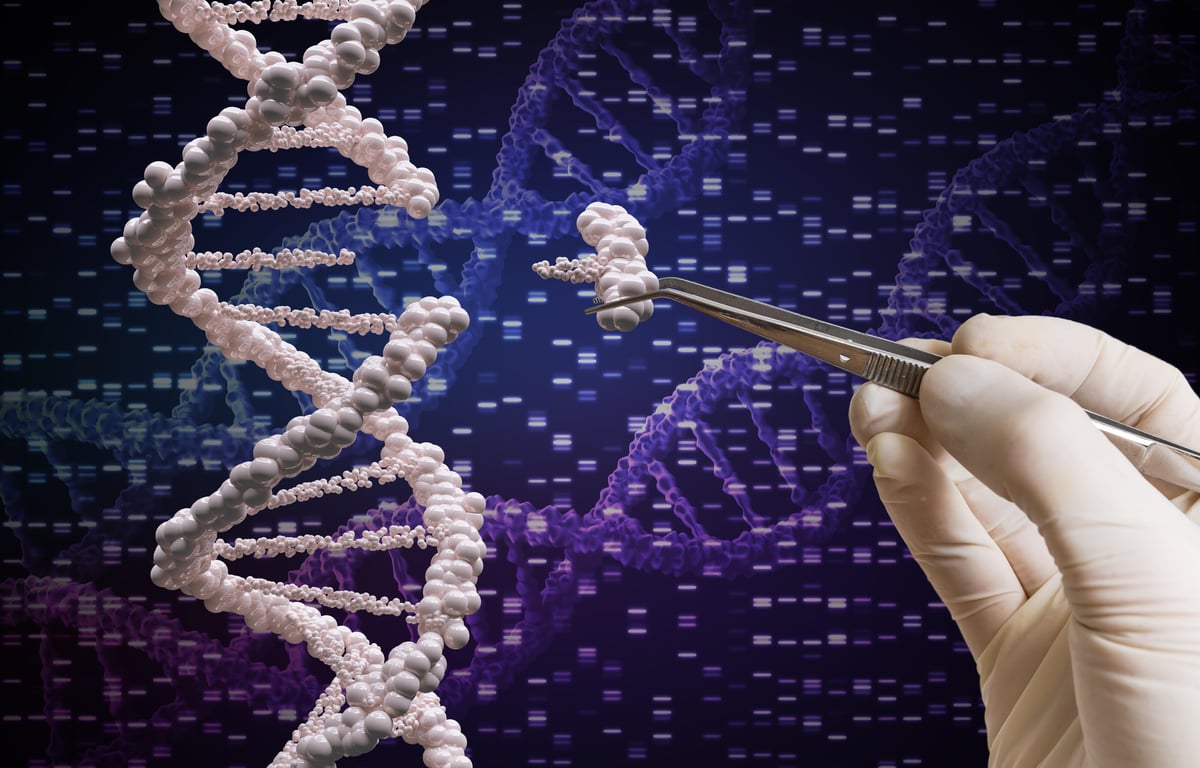You, Your Family and Cancer: How Genetic Counseling Works

SUNDAY, June 12, 2022 (HealthDay News) -- If you have a family history of cancer and are considering genetic counseling to measure your risk for the disease, an expert offers some advice.
Genetic counseling can help you understand your family's cancer history and how it applies to you, said Tanya Eble, an associate professor of molecular and human genetics and a genetic counselor at Baylor College of Medicine in Houston. She outlined a number of red flags for hereditary cancer in a person's individual or family history.
- Cancer diagnosed at an early age — for example, breast cancer diagnosed before menopause.
- Rare cancers like ovarian or pancreatic cancer and cancers in a less commonly affected gender — for example, breast cancer in men.
- Multiple primary cancers in a single family member.
- Multiple generations of family members impacted by the same type of cancer or specific constellations of cancer.
When conducting genetic counseling, Eble asks patients for a four-generation family history.
"It's helpful to come prepared to answer questions about the types of cancers and ages of diagnosis in your family," she said in a Baylor news release. "Bring a family member's genetic test report if you have it. When a variant was identified, it's helpful to know the exact change in the gene and whether it is a known pathogenic variant or an unknown variant. We may want to test specifically for that variant."
Information about healthy relatives can also be helpful.
"If you come because your paternal grandmother had breast cancer and your father has six sisters, I might be reassured about a hereditary cancer syndrome if all those sisters are now in their 80s with no cancer," Eble said. "If the sisters are young, I might still be concerned because they might still develop cancer."
Family get-togethers "can be a good time to start the conversation about family history," she said. "There's usually someone in the family who has that information and can share. But remember that different people have different levels of comfort when talking about their family history."
Other resources include online tools like My Family Health Portrait, developed by the U.S. Surgeon General and the U.S. National Human Genome Research Institute.
If your family history suggests a need for genetic testing, you can provide a genetic sample either through a blood draw or mouth swab. A genetics provider will review the results of the test with you and discuss what it means for your health.
It's important to follow up with your physician about the test results to discuss what health management and screening plan best suits you, Eble said.
More information
There's more on genetics and cancer at the U.S. National Cancer Institute.
SOURCE: Baylor College of Medicine, news release, June 8, 2022
Related Posts
Heat Waves That Threaten Lives Will Be Common by 2100
FRIDAY, Aug. 26, 2022 (HealthDay News) -- Life-threatening heat waves will...
Un estudio halló que el ejercicio es la clave para vivir más tiempo.
Was this page helpful?
WHO Says Acute Hepatitis Cases in Children Now Reported in 11 Countries
MONDAY, April 25, 2022 (HealthDay News) – The World Health Organization said it...
Un juez falla contra la prohibición de la obligatoriedad de las máscaras en las escuelas de Florida
JUEVES, 9 de septiembre de 2021 (HealthDay News) -- Los distritos escolares de...
